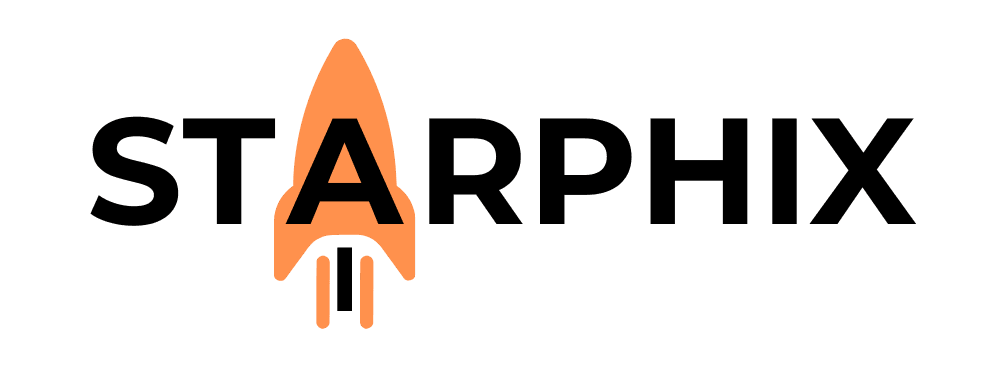Introduction: A Critical Distinction 🤔 #
In today’s digital world, the terms “data privacy” and “data sovereignty” are often used interchangeably. They are not the same. While both relate to the protection of your information, they represent two fundamentally different levels of control. Understanding this distinction is the first step toward reclaiming true ownership of your digital life and work. One is about asking for permission; the other is about holding the power yourself.
(Image Placeholder: A visual split down the middle. On the left, a person handing a key to a large, imposing bank building, labeled “Data Privacy.” On the right, the same person is shown putting that key into the door of their own home, labeled “Data Sovereignty.”)
What is Data Privacy? Asking for Permission 🙏 #
Data Privacy is the conventional approach. It is a promise from a third-party service—a social media platform, a cloud storage provider, a public AI tool—to handle your data responsibly according to their stated privacy policy. When you upload a document or type a prompt into their system, you are trusting them to:
- Not sell your data without permission.
- Protect it from hackers.
- Not use it for purposes you haven’t agreed to.
The Analogy: The Storage Unit Data privacy is like renting a high-security storage unit. You trust the company to keep your valuables safe, to not let unauthorized people in, and to abide by the rental agreement. But at the end of the day, they own the building, they control the access, and they hold a master key. You are a tenant on their property, trusting in their security systems and their integrity.
What is Data Sovereignty? Holding the Keys 🔑 #
Data Sovereignty is a much more powerful concept. It is not a policy; it is a state of being. Data sovereignty means you have absolute authority and control over your information because it never leaves your possession. There is no third party to trust because no third party is involved in its storage or processing.
The Analogy: The Home Safe Data sovereignty is having a safe in your own house. You are the only one with the combination. Your most valuable documents and ideas are stored within your own walls, under your direct and exclusive control. You don’t need to trust a storage company’s security guard because you are the guard. You don’t need to read a privacy policy because you are the policy.
This is the freedom that Local AI enables. By running powerful AI models on your own hardware, you achieve true data sovereignty by default.
Why Sovereignty is the Goal 🎯 #
At StarphiX, we believe that while privacy is important, it is a passive, defensive position. Sovereignty is an active, empowered one. It is the full expression of our core company value: Privacy, Ownership & Sovereignty.
- Privacy is a promise. Sovereignty is a physical reality.
- Privacy is asking someone else to protect your assets. Sovereignty is protecting them yourself.
- Privacy makes you a user. Sovereignty makes you an owner.
The future of professional and creative work requires more than just promises of privacy. It demands the absolute assurance of data sovereignty, and that is a future that can only be built locally.
Related Reading 📚 #
- What’s Next?: Breaking Free from the Cloud: The Benefits of Offline-First AI ☁️
- Go Back: Why Local AI is the Future of Work and Creativity 🚀
Explore the Ethics:An Introduction to AI Ethics & Responsible Development ⚖️


